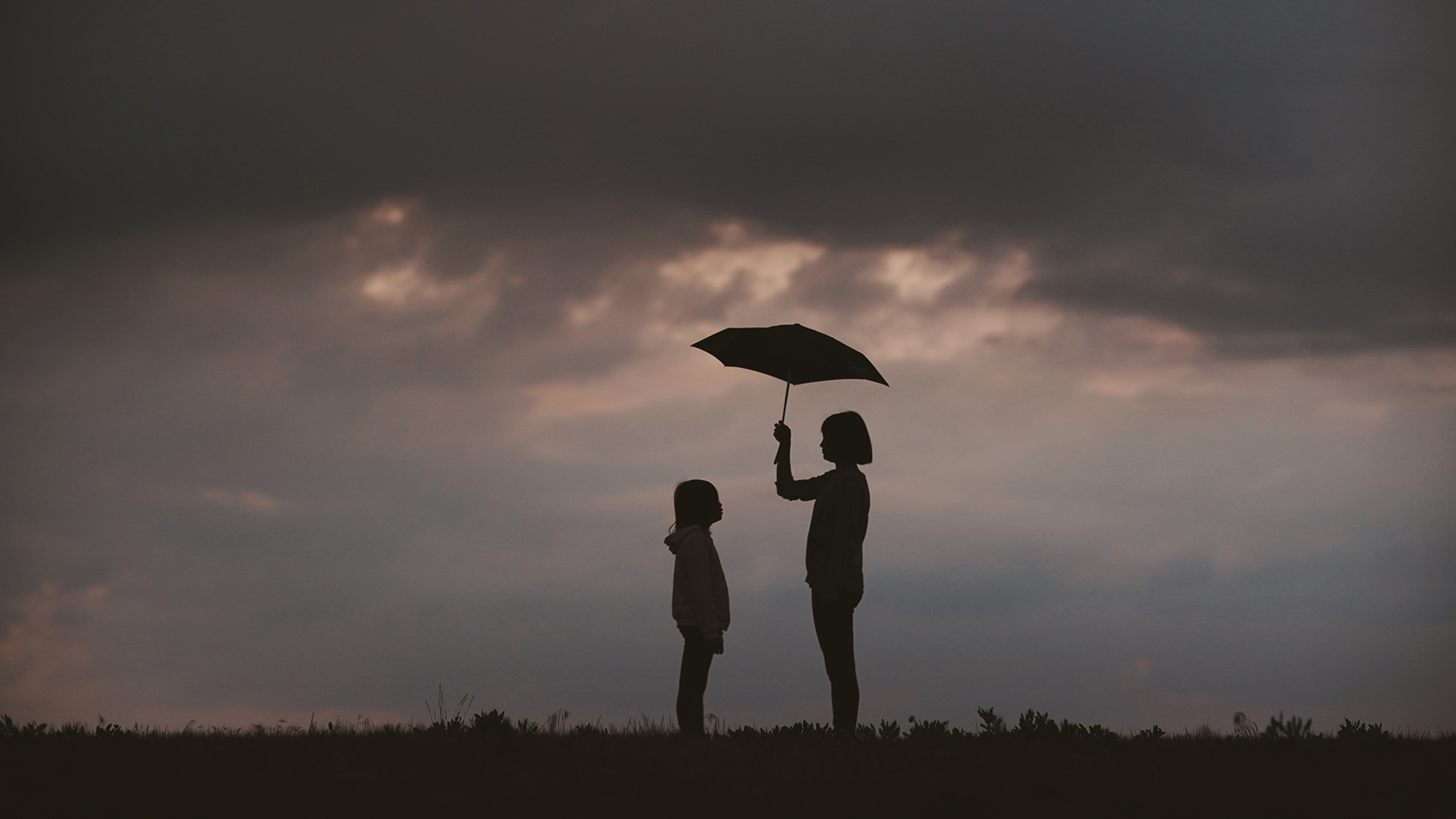Last week while taking the dog for her late afternoon walk along the beach, my husband and I spied two surfers emerging from the water. One was waving at us.
We quickly realised the second surfer was in trouble. Even before we got to them, we could see he was having difficulty getting out of the water, hunched forward, dangling his left arm in front of him and in obvious pain.
“Have you got a phone?” was the first question. We did.
“Can you call an ambulance?” For sure.
“I think I’ve dislocated my shoulder.” Said the guy with the abnormally long left arm. I silently agreed on noticing the unusual bulge at the back of his shoulder where the top of his humerus was poking through into his wet suit.
“Can you do anything to help?” whispered my husband to me.
But the situation didn’t require a doctor to know what would help the most right now which was to
- Organise an ambulance – so he could get the right help as quickly as possible.
- Stay with the injured man to provide reassurance until that help arrived.
While I could see what the issue was, the injured man needed the safety of a hospital to receive the right treatment.
Accidents happen.
Physical injury and mental distress can occur at any time.
If you’ve ever found yourself in a similar predicament, do you remember what made the biggest difference to how you coped at the time?
Was it?
- Knowing you were not alone
- That people were there to help you
A helper’s role is about being willing to step up and help in whatever way you can. No heroics required.
Your kindness and compassion are what make the biggest difference.
The Latin word “compati” means to suffer with.
Your compassion is your desire to help the other person who is suffering and take steps to ease their pain.
No other qualifications required.
The theme for this year’s RU OK? Day campaign is:
“No qualifications necessary.”
If you’ve noticed or suspect that a friend, a member of your family or a work colleague may be feeling a bit low, RU OK? Day serves as a reminder to us all, to step up, to ask the question and start the conversation.
You’re not expected to be a therapist, counsellor, psychologist, or psychiatrist.
This is about you showing you care, and there are no qualifications needed for that.
On September 8th RU OK? Day, I’m speaking with several workplaces about how they can strengthen their confidence to assist when someone is struggling with their mental health.
My invitation to you is to reflect on the positive difference you could make for a friend, family member of colleague who is finding it hard to cope, by listening deeply and showing you care?
You might even save a life.
As Steve Maraboli says, “A kind gesture can reach a wound that only compassion can heal.”
RU OK? Day is a once-a-year event, but of course your mental health and wellbeing is important every day of the year. If this is something you believe your team or workplace would benefit from hearing more about, you can contact me here.
And if this has raised some issues for you, please consider contacting someone at one of the following organisations.
Lifeline 131 114
Beyond Blue 1300 224 636
Griefline 1300 845 745
Mensline 1300 789 978
Headspace (12-25 yr old’s) 03 9027 0100
Kids Helpline 1800 651 800 (5-25yr old’s)
Dr. Jenny Brockis is a medical practitioner and board-certified lifestyle medicine physician, speaker, trainer, and author specialising in workplace mental wellbeing, psychological safety, and burnout prevention.
www.drjennybrockis.com


